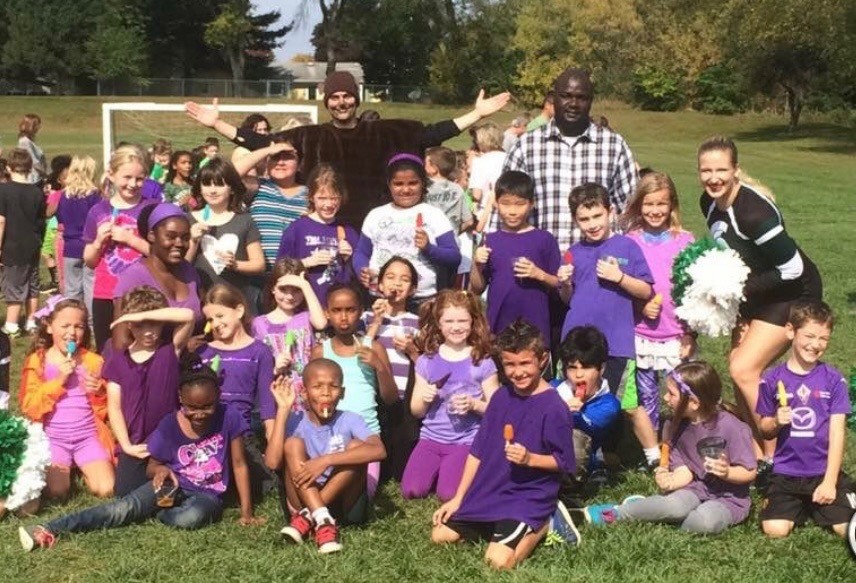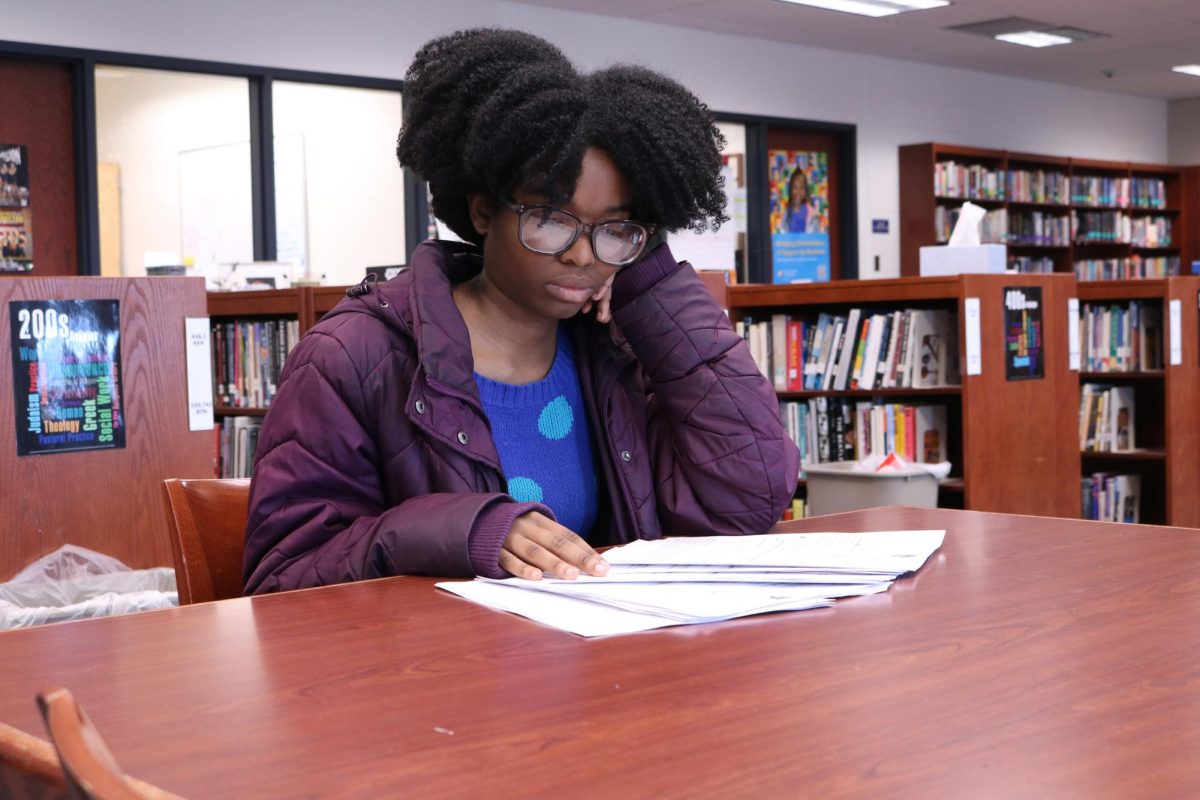As I stepped back into the dugout after my second strikeout of the Dewitt vs. East Lansing game my freshman year, the same thought echoed in my head.
“I failed. I failed myself and my team. Twice.”
While putting away my equipment with tears shining, I was approached by my coach, frustration and anger visible on his face. His message was clear.
“You need to stop with the emotions.”
He said this as if I could just stop all the anxieties I was feeling right then and there. Poof. Tears gone. Stress eliminated. All he did was make me more emotional, feeling awful about not only the player I was but my perfectionist nature too.
I was benched for the second game as a result.
After all that, I decided I would no longer play softball. Instead, my spring season will consist of pools and polo balls.
Sports have always been a crucial part of my life. I learned how to throw a ball before I could speak and race around in the water at the age of three. Over the years, I’ve found that it isn’t just the sport itself that motivates me to play, it’s also the coaches. Coaches can create a supportive environment, or they can build an atmosphere of discouragement. It all leans on how they work with their athletes.
As an athlete, you have a wide variety of experiences with coaches. The vast majority of my own experiences have been positive, but there are also a few notable negative ones. With this, there’s a list of traits I like to see in a coach and some that I don’t.
For example, I’ve always preferred when coaches make the effort to get to know you as a person but also how you work as an athlete. When a coach does this, they know how to work with you in times of struggle or frustration without pushing you in a direction that isn’t best for you.
When I’m passionate about a sport, my emotions can reach extremes on either side of the spectrum. I feel thrilled when I make a good play or achieve a best time, but miserable when I don’t. These emotions result from my perfectionism, where I feel as though I should always be able to perform better each time.
Realistically, this can’t be the case. When a coach can recognize this and help me in situations where my stress is out of control, it helps me center myself back into realistic expectations. It makes me realize that it’s okay to have off days.
This is why I really don’t prefer the “tough love” style of coaching. Sometimes, it’s too much “tough” and not a lot of “love.” I feel as though this method can easily go one step too far, making expectations unattainable for the athlete that’s being held to them. It’s not optimal for athlete growth.
I’ve often found that when I have a coach who holds expectations like this, they’re often more focused on winning than letting their athletes have fun. I would prefer to have an enjoyable time and lose than constantly feel anxious and win.
I once had a coach who preferred to use this style say to us that he wanted to “demoralize the other team.” In my eyes, that’s just blatant bad sportsmanship. Why tell your athletes to deliberately make the other team feel awful about themselves because they lost and we won? When a coach promotes this idea, it just puts a sour taste in my mouth.
That was in seventh grade–it’s not like we were in the professional leagues. We were 12 to 13 years old and still learning the game.
Along this vein, I’ve experienced coaches who continually chastise their team for losing. I in no way support this. It’s okay to acknowledge the positives and negatives, but we shouldn’t be dwelling on those negatives. As athletes, we should learn from the negatives and celebrate the positives.
No athlete should go home upset or crying because of the words a coach may have said during a debrief of the game.
Coaches should use these losses as an opportunity to properly acknowledge the mistakes so their athletes can grow from them. I don’t think it’s beneficial to make your team run or do some other non-related punishment to answer for their mistakes. As someone who has experienced this attitude, I haven’t seen any benefit arise.
Instead, it would be better to run a drill or a scenario over and over again until they get it down and understand what to do instead during an in-game situation. This way, the mistake is unlikely to be made again.
If you really care for your sport as an athlete, it’s important to hold your coaches accountable for how they make you feel. Speak to your coach if something is bothering you about the way you’re being treated. If they listen, you’ll most likely find yourself in a healthier environment. If not, it’s up to you on what you do going forward, but it’s crucial to remember to put what’s best for you first. Don’t make yourself miserable just because you’ve been attached to that sport for so long. In the end, it’s okay for a coach to hold expectations for their athletes, but those athletes have every right to hold expectations of that coach too.










